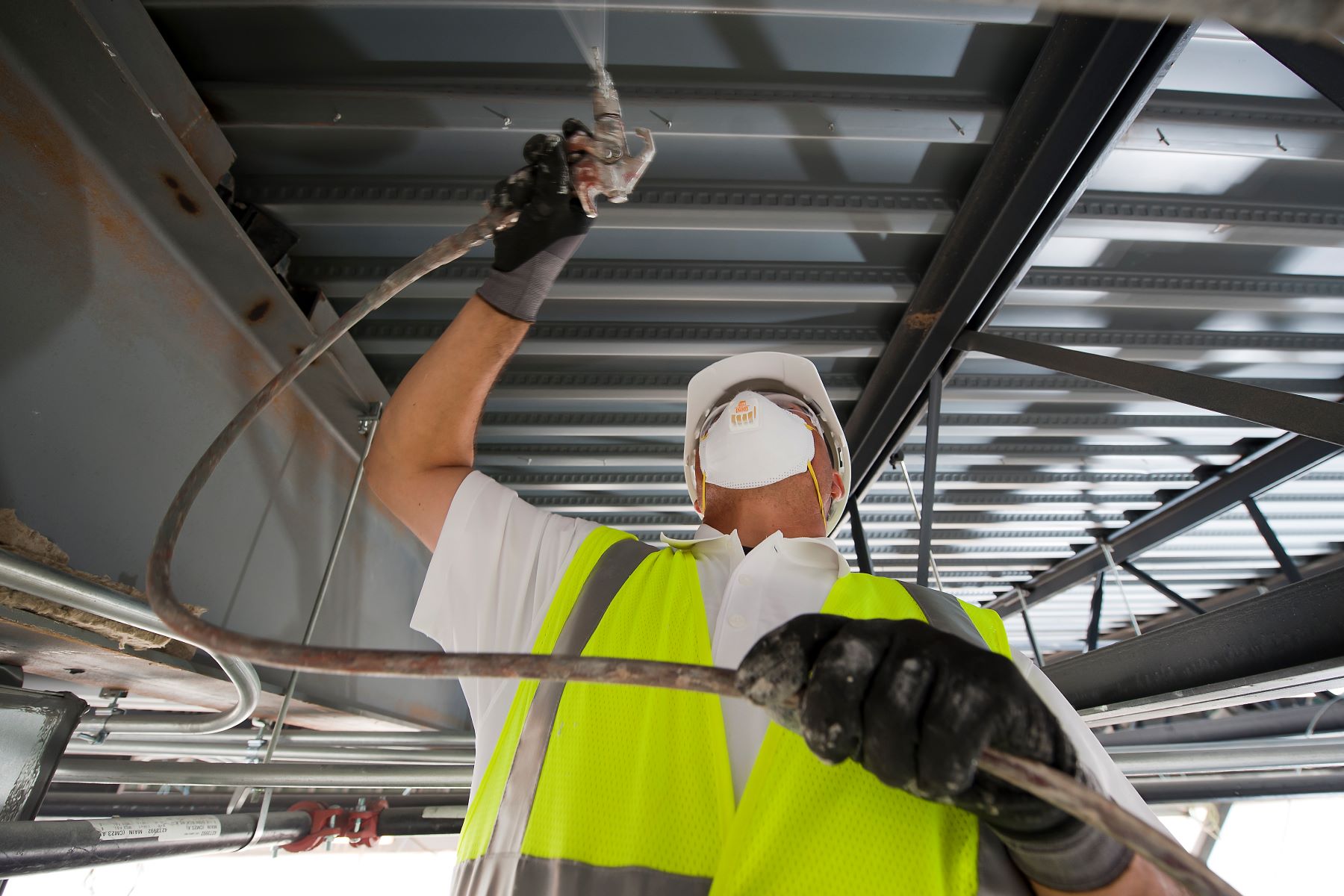When it comes to insulating your home, the ceiling plays a crucial role in maintaining a comfortable indoor environment. Proper insulation not only helps regulate temperature but also reduces energy consumption and lowers utility bills. However, with a wide range of insulation materials available, it can be challenging to determine which one is best suited for your ceiling. In this comprehensive guide, we will explore various insulation options and help you make an informed decision based on your specific needs and preferences.
- Fiberglass Insulation:
Fiberglass insulation is one of the most popular choices for ceiling insulation. It consists of fine glass fibers that trap air, providing excellent thermal resistance. This type of insulation is relatively affordable, easy to install, and offers good soundproofing properties. Fiberglass insulation is available in batts or rolls, making it suitable for both new construction and retrofitting existing ceilings. - Cellulose Insulation:
Made from recycled paper or plant fibers, cellulose insulation is an eco-friendly option for ceiling insulation. It is treated with fire-retardant chemicals to enhance its safety. Cellulose insulation is known for its excellent thermal performance and ability to reduce air leakage. It can be blown into the ceiling cavity, filling gaps and creating a seamless barrier against heat transfer. Additionally, cellulose insulation provides effective sound absorption, making it ideal for rooms where noise reduction is desired. - Spray Foam Insulation:
Spray foam insulation is a versatile option that offers superior thermal performance. It is applied as a liquid and expands to fill cavities, creating an airtight seal. Spray foam insulation provides excellent insulation value and effectively prevents air infiltration, reducing energy loss. However, professional installation is recommended due to the specialized equipment and expertise required. It is particularly suitable for irregularly shaped ceilings or areas with limited access. - Rigid Foam Insulation:
Rigid foam insulation, also known as foam board, is a durable and moisture-resistant option for ceiling insulation. It is available in various types, including expanded polystyrene (EPS), extruded polystyrene (XPS), and polyisocyanurate (polyiso). Rigid foam insulation offers high thermal resistance and can be easily cut to fit the desired dimensions. It is commonly used in new construction projects and provides excellent insulation in both hot and cold climates. - Reflective Insulation:
Reflective insulation utilizes a reflective surface to redirect radiant heat, making it an effective choice for ceilings. It consists of a layer of aluminum foil or metallic film attached to a substrate material. Reflective insulation is typically installed with an air gap between the insulation and the ceiling, allowing for the reflection of heat. It is particularly beneficial in hot climates where reducing radiant heat gain is essential.
Conclusion:
Choosing the best insulation for your ceiling depends on various factors, including budget, climate, and specific requirements. Fiberglass insulation, cellulose insulation, spray foam insulation, rigid foam insulation, and reflective insulation are all viable options with their unique advantages. Consider consulting with a professional insulation contractor to assess your needs and determine the most suitable insulation material for your ceiling. By investing in high-quality insulation, you can enhance energy efficiency, improve comfort, and create a more sustainable living environment.

